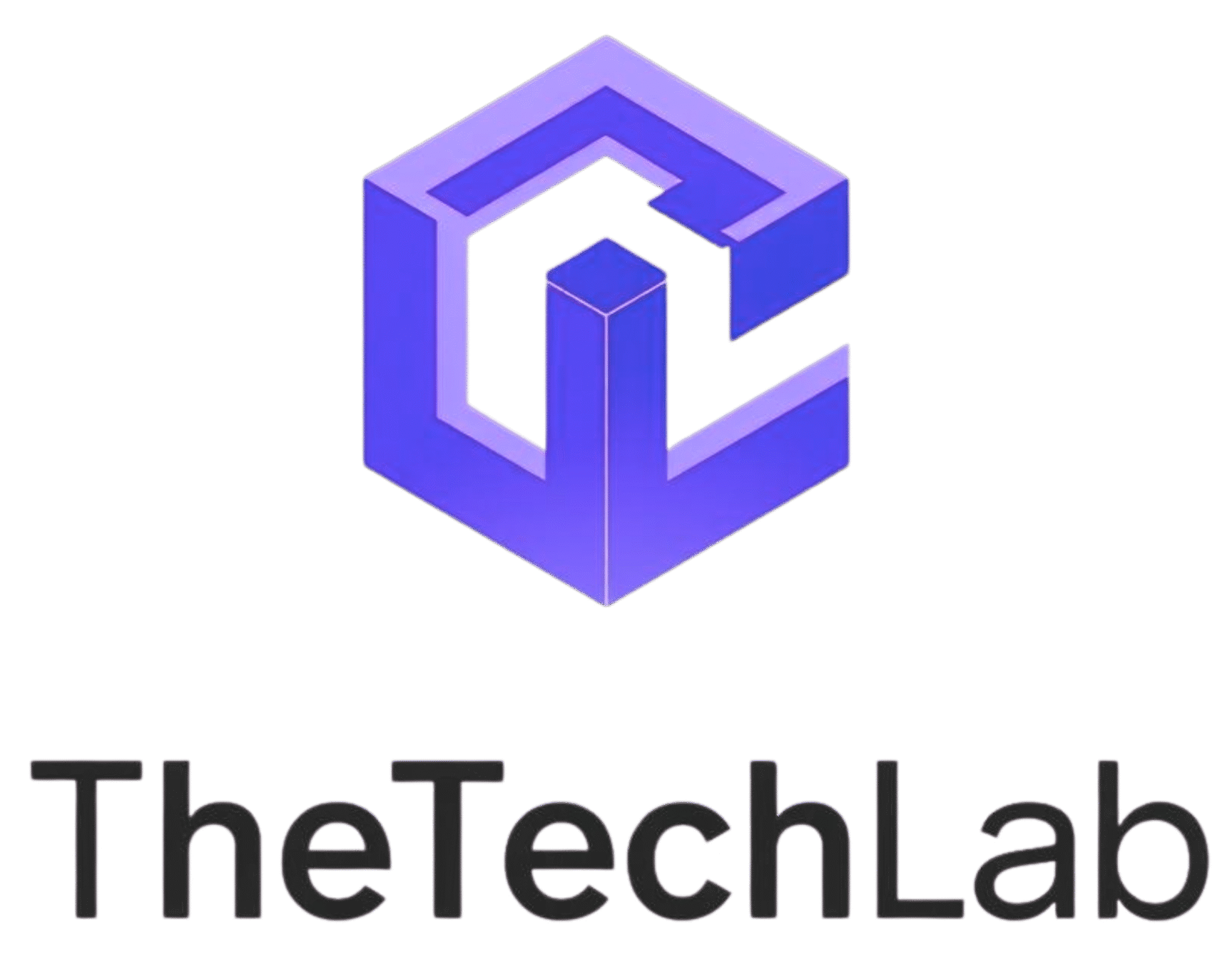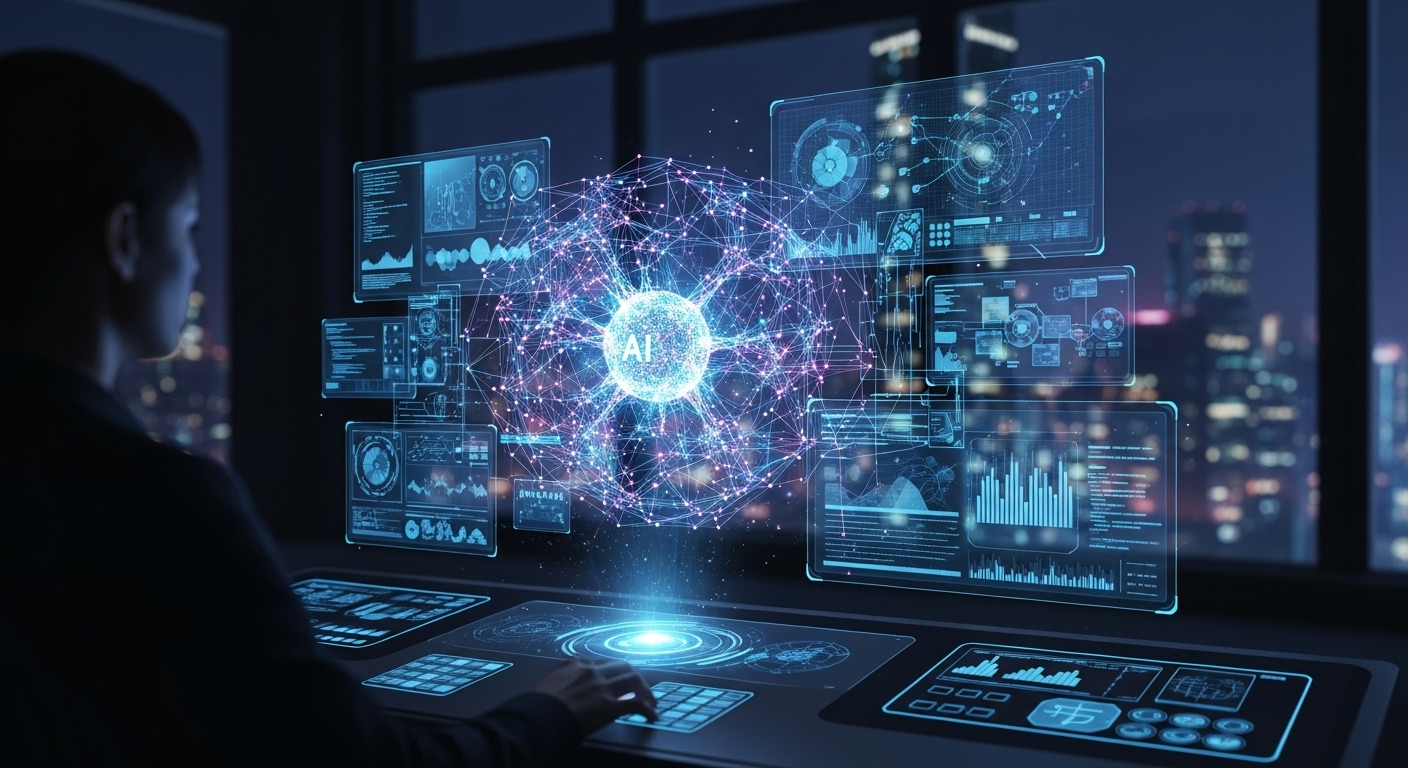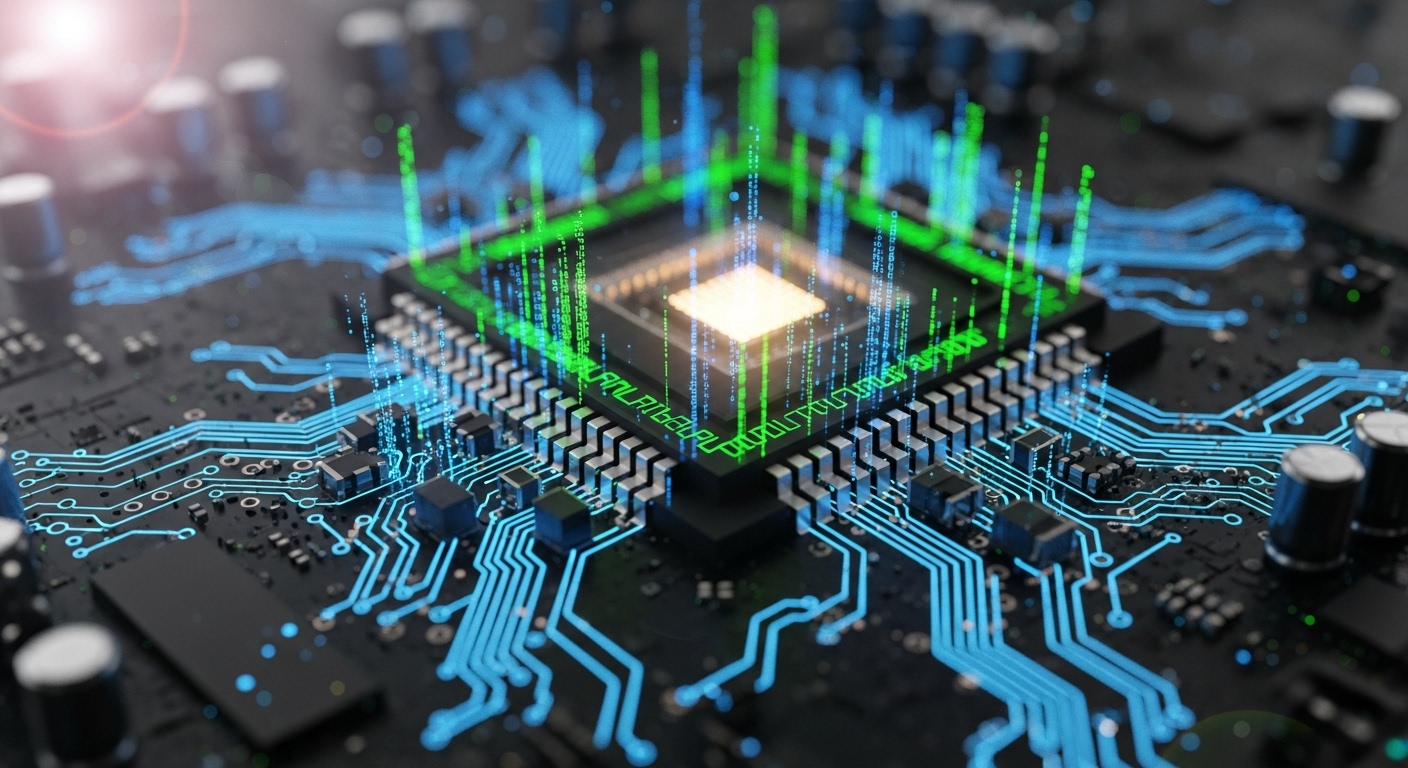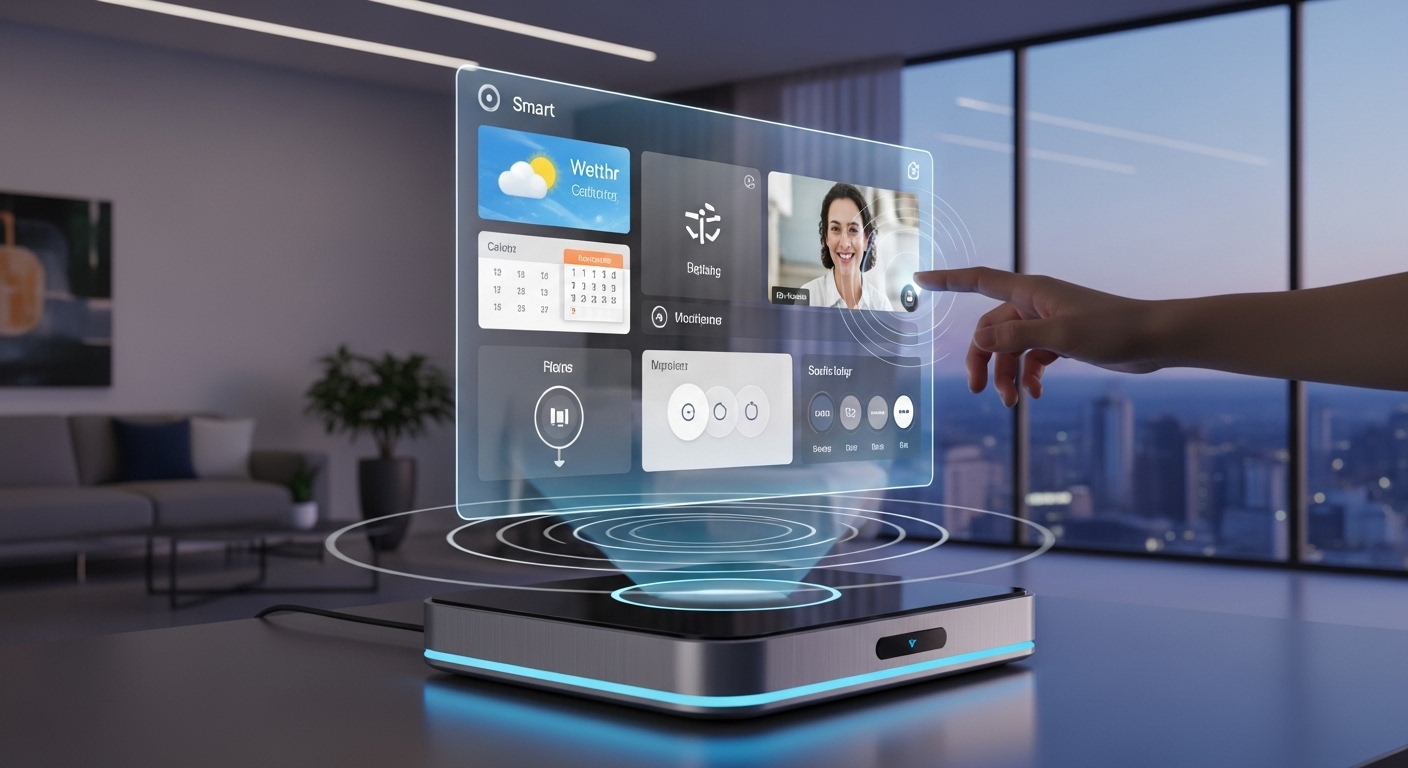Introduction: Entering the Age of Digital Horizons
Technology is no longer just a tool for convenience; it is the very fabric that defines modern society. From the smartphones in our hands to artificial intelligence guiding industries, technological innovation drives how humans live, work, and interact. The rapid advancement of technology has created a landscape where ideas that were once science fiction are now part of daily life.
The concept of Digital Horizons reflects this new era—an age where digital innovation is expanding the limits of possibility. Every breakthrough reshapes economies, cultures, and lifestyles. Understanding these innovations is key to navigating the increasingly complex world we inhabit.
The Evolution of Modern Technology
The journey of modern technology began with early computing and industrial automation. The industrial revolution introduced machines that transformed labor and production, while the mid-twentieth century brought electronic computers that revolutionized information processing.
Initially, computers were limited to military, scientific, and academic purposes. They were massive, expensive, and accessible only to a select few. The 1970s and 1980s changed this dynamic with the introduction of personal computers, making technology available to individuals and businesses alike. Companies like IBM, Apple, and Microsoft played critical roles in this democratization of computing.
The 1990s marked the rise of the internet, connecting people globally and enabling instant communication, commerce, and access to information. Today, technology continues to evolve rapidly, encompassing artificial intelligence, cloud computing, virtual reality, robotics, and the Internet of Things, creating a highly interconnected digital ecosystem.
Artificial Intelligence: Transforming Intelligence
Artificial intelligence, or AI, has become one of the most transformative forces in modern technology. AI systems can learn, analyze, and make decisions, often surpassing human capabilities in specific domains. Machine learning, a key subset of AI, enables computers to improve performance based on experience and data analysis.
AI applications are widespread. In healthcare, AI assists in diagnosing diseases, predicting patient outcomes, and personalizing treatment plans. In finance, AI detects fraud, manages risk, and optimizes investment strategies. Autonomous vehicles use AI for navigation and decision-making, while everyday AI applications include virtual assistants, personalized recommendations, and intelligent home devices.
AI is no longer a theoretical concept. It is embedded in the infrastructure of modern life, influencing industries, governance, and personal experiences.
Global Connectivity and the Internet
The internet is the backbone of the Digital Horizons era, connecting billions of devices and individuals. High-speed networks, fiber optics, and wireless infrastructure enable real-time communication and global collaboration.
Social media platforms, messaging applications, and video conferencing tools have revolutionized how people interact. Businesses can reach international markets instantly, students can access educational resources from anywhere, and communities form online around shared interests.
The Internet of Things extends connectivity beyond computers and smartphones. Smart homes, wearable devices, and connected vehicles generate vast amounts of data, allowing optimization of energy usage, health monitoring, and industrial operations. This level of interconnectivity marks a step toward fully integrated digital societies.
Mobile Technology: Redefining Accessibility
Mobile technology has fundamentally changed how humans interact with the world. Smartphones now serve as communication devices, personal assistants, entertainment hubs, and gateways to the digital economy.
Modern smartphones feature advanced processors, high-resolution cameras, and sophisticated software. Mobile applications allow users to manage finances, communicate globally, shop, and access information on demand. Digital payment systems enable secure transactions, while mobile technology provides unprecedented access to services and knowledge.
In regions with limited infrastructure, mobile devices are often the primary means of accessing education, healthcare information, and markets. This democratization of technology bridges gaps and empowers individuals in ways previously impossible.
Robotics and Automation: Redefining Industries
Robotics and automation have reshaped sectors such as manufacturing, healthcare, agriculture, and logistics. Modern robots, equipped with sensors, cameras, and AI, perform complex tasks with precision and consistency.
In manufacturing, automation improves productivity and reduces human error. In healthcare, robotic systems assist in surgeries, providing precision and minimizing risks. Agriculture benefits from autonomous machinery that handles planting, harvesting, and monitoring crops efficiently.
Software automation complements physical robotics by streamlining repetitive tasks, increasing efficiency, and reducing operational costs. The integration of robotics and software-driven automation continues to redefine productivity and operational standards across industries.
Cloud Computing and Big Data: Driving Decisions
Cloud computing allows individuals and organizations to access computing resources remotely, providing flexibility, scalability, and cost efficiency. Businesses no longer rely solely on physical infrastructure, enabling rapid innovation and global collaboration.
Big data analytics allows organizations to process massive datasets to identify trends, optimize operations, and predict future outcomes. Retailers analyze consumer behavior to personalize offerings, while logistics companies streamline delivery processes using predictive analytics. Cloud computing and big data together enable data-driven decisions that power modern business strategy and innovation.
Virtual and Augmented Reality: Immersive Digital Worlds
Virtual reality and augmented reality technologies provide immersive experiences that extend beyond traditional screens. VR immerses users in fully digital environments, while AR overlays digital information onto the real world.
In gaming, VR offers fully interactive environments that engage players in unprecedented ways. In education, VR simulations allow students to explore complex subjects in immersive scenarios. AR enhances professional training, medical procedures, and marketing campaigns by providing real-time contextual information. As VR and AR hardware becomes more accessible, these technologies are poised to transform entertainment, education, and professional applications.
AI in Everyday Life
AI’s integration into daily life has become seamless. Virtual assistants manage schedules, answer questions, and control connected devices. AI recommendation engines guide entertainment choices, shopping habits, and even news consumption.
Transportation is being transformed with AI-powered autonomous vehicles. Customer service relies on AI chatbots for efficient, personalized support. AI-driven analytics optimize productivity, energy use, and business operations. The presence of AI in daily life demonstrates its potential to enhance convenience, efficiency, and personal decision-making.
Cybersecurity and Data Privacy
As technology advances, protecting digital systems and personal data becomes increasingly critical. Cybersecurity addresses threats such as hacking, malware, and data breaches, while data privacy ensures sensitive information is handled responsibly.
Methods such as encryption, multi-factor authentication, and continuous monitoring safeguard digital environments. Privacy regulations enforce accountability and ethical data management. In a digitally interconnected world, robust cybersecurity and data privacy frameworks are essential for maintaining trust and stability.
Emerging Technologies Shaping the Future
Several emerging technologies are expected to define the next era of digital innovation:
Quantum Computing: Promises exponential computational power, enabling breakthroughs in simulation, cryptography, and research.
Blockchain Technology: Provides decentralized, transparent, and secure systems for transactions, digital identity, and supply chains.
5G and Next-Generation Connectivity: Supports ultra-fast, low-latency communication for autonomous systems, immersive experiences, and smart infrastructure.
Artificial General Intelligence: Aims to replicate human cognitive abilities, potentially transforming decision-making and problem-solving across industries.
These technologies represent the frontier of human innovation and are likely to redefine industries, societies, and lifestyles in the coming decade.
Technology in Education and Healthcare
Technology has revolutionized both education and healthcare. Online learning platforms, interactive applications, and digital resources provide personalized, accessible education globally. VR and AR enhance learning by allowing immersive simulations that increase engagement and understanding.
Healthcare benefits from telemedicine, AI diagnostics, robotic surgeries, and wearable health monitors. Data-driven analytics allows early disease detection, efficient resource management, and improved patient outcomes. Remote healthcare services extend access to underserved areas, enhancing global public health.
Ethical Considerations
The rapid advancement of technology raises ethical questions. AI systems may reflect biases present in their training data. Automation can disrupt job markets, and widespread data collection poses privacy challenges.
Ethical frameworks, transparent policies, and human-centered design are essential to ensure that technology serves humanity fairly and equitably. Responsible innovation balances progress with societal well-being and sustainability.
The Future of Technology
The future will see even greater integration of technology into daily life. Smart cities, autonomous transportation, renewable energy solutions, and intelligent healthcare systems will redefine urban living and societal infrastructure.
Emerging technologies will empower individuals, transform industries, and provide solutions for global challenges such as climate change, public health, and resource management. Ethical oversight and responsible implementation will ensure that technological advancement benefits humanity broadly.
Conclusion: The Digital Horizon Ahead
Technology is the defining force of modern civilization. It has transformed communication, education, healthcare, industry, and entertainment. Artificial intelligence, robotics, cloud computing, virtual reality, and emerging technologies are not just tools—they are catalysts for progress.
The era of Digital Horizons promises unprecedented innovation, efficiency, and connectivity. By embracing responsible practices, ethical governance, and human-centered design, society can harness the full potential of technology. The future will be defined not just by the tools we create but by how we use them to improve lives, expand opportunities, and shape a smarter, more connected world.
Modern technology is more than a utility—it is the blueprint for human progress and the lens through which the twenty-first century will be remembered.




